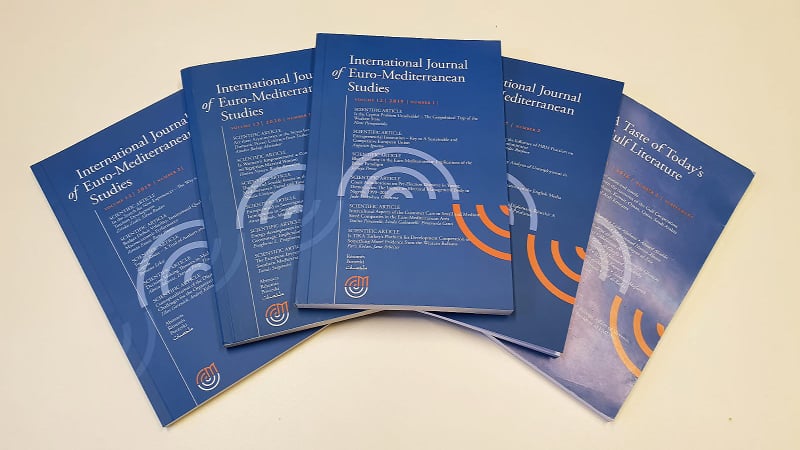Innovation and Entrepreneurial University Ecosystems in Euro-Mediterranean Countries – Special Issue
The entrepreneurial and innovation ecosystems at universities were once thought of as separate entities. They are interconnected and expanding quite quickly. The focus of innovation ecosystems is on the intricate interactions between entities (governments, universities, and industry) engaged in the innovation process. Leadership, dynamic capacities, culture, capital markets, networks, and customers are just a few of the elements that affect individual, organisational, industry, and environmental aspects of entrepreneurial ecosystems. These components also interact intricately. Local socioeconomic growth is determined by this group of individuals and institutions.
Education programmes, infrastructure (including incubators, research parks, technology transfer offices, business development offices, and employment offices), regulatory factors (pertaining to business establishment and property rights), culture (including role models and entrepreneurial attitudes), and relationships with the government, investors, business, and other socioeconomic agents are all parts of an ecosystem. In the past, university ecosystems have assisted the campus community (students, alumni, faculty, and staff) in utilizing creative and entrepreneurial activities while offering a balanced environment for teaching, learning, and research.
University researchers have also been asked to conduct more “responsible” research and to address major societal issues, including public health and sustainability/climate change. Assessing these efforts and results is important for the accreditation of organisations and policymakers. Universities that are innovative and entrepreneurial are those that adopt an entrepreneurial management style, have teachers, staff, and students who act entrepreneurially, and engage with their surrounding environment (community/region) in an entrepreneurial way.
A university will increasingly play an entrepreneurial and innovative role. By planning and developing their entrepreneurial and innovation ecosystems to produce societal, technological, and economic value through research, teaching other forms of human capital development, as well as the development of new businesses and entrepreneurial capital, universities can help boost competitiveness and economic growth.
We also welcome theoretical and empirical studies on the effects of entrepreneurial ecosystems and university innovation in Euro-Mediterranean nations for this special issue. We welcome scholars from many management and social science sectors (e.g., education, strategy, economics, sociology, innovation, organisational behavior, human resource management, geography, and anthropology). The special issue papers should provide a significant theoretical contribution in keeping with the scope of the IJEMS, along with a suitable methodological approach.
Deadline, Submission and Review Process
When you submit your manuscript online, please indicate in your cover letter that the paper should be considered for this special issue. Contributors should follow journal guidelines. The submission deadline is 7 April 2023, and papers should be submitted on the International Journal of Euro-Mediterranean Studies website https://ijems.emuni.si/index.php/home/about/submissions. All papers will be reviewed according to the standard policies of IJEMS.
